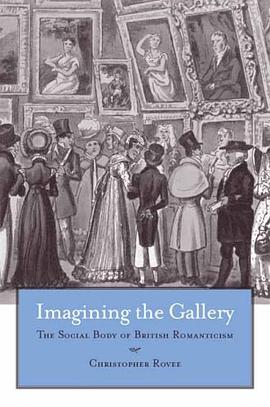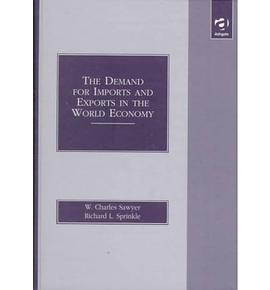

具体描述
This book focuses on the way literary texts articulate embedded cultural assumptions about monetary value and reflect the logic of certain economic practices. In its simplest formulation, "Underwriting" is an investigation of the cultural history of insurance in early America. It seeks a large part of that cultural history in the lives and works of five American authors of the eighteenth and nineteenth centuries: Benjamin Franklin, Phillis Wheatley, Noah Webster, Herman Melville, and Ralph Waldo Emerson. It hinges on an odd-sounding assumption: that insurance, as a textual procedure requiring signatures to conserve property, is a writing business, theoretically and practically. Insurance articulates a nexus (in the form of contractual and monetary obligations) between property and text, attempting to mark and reconcile with its voracious application of assurances these two cornerstones of capitalist logic. The plot of "Underwriting" that Wertheimer pursues is then manifold: a meditation on theories of writing; a cultural and social history of the practices that make mutually defining modes of loss and reparation profitable and pleasurable; and a reading of certain literary texts that might lead us to new understandings of the relationship between artistic and commercial discourses in America.
作者简介
目录信息
读后感
评分
评分
评分
评分
用户评价
相关图书
本站所有内容均为互联网搜索引擎提供的公开搜索信息,本站不存储任何数据与内容,任何内容与数据均与本站无关,如有需要请联系相关搜索引擎包括但不限于百度,google,bing,sogou 等
© 2026 book.wenda123.org All Rights Reserved. 图书目录大全 版权所有




















